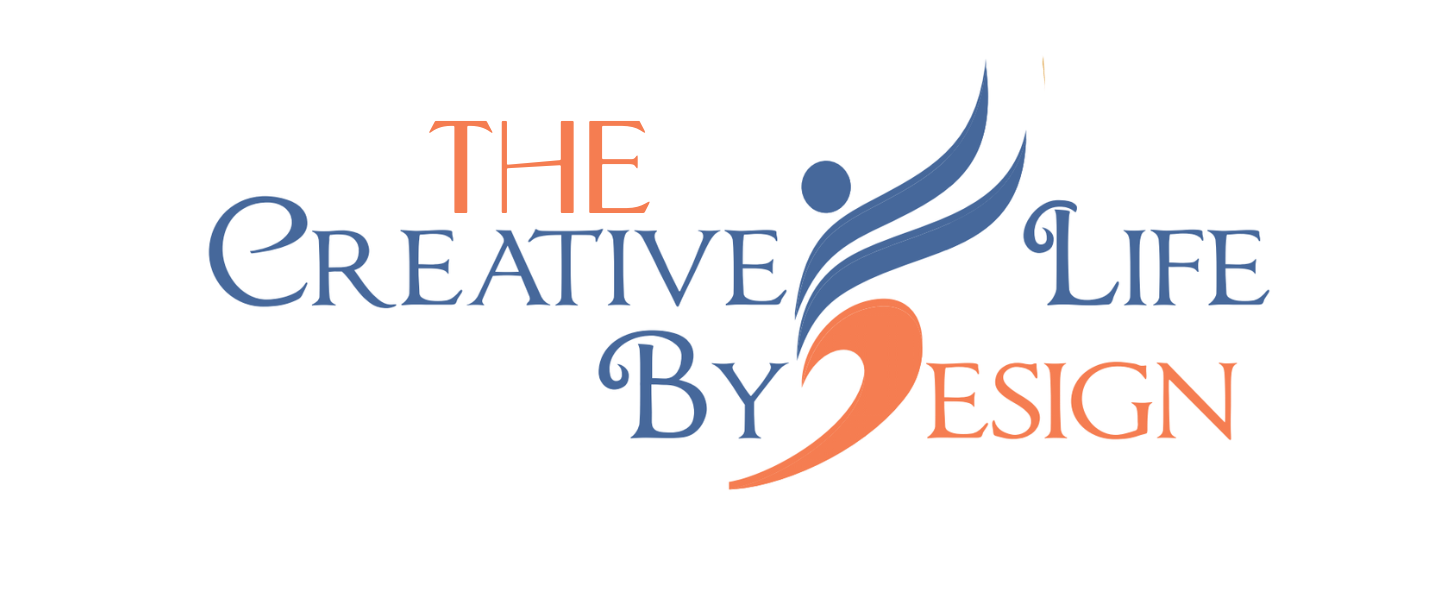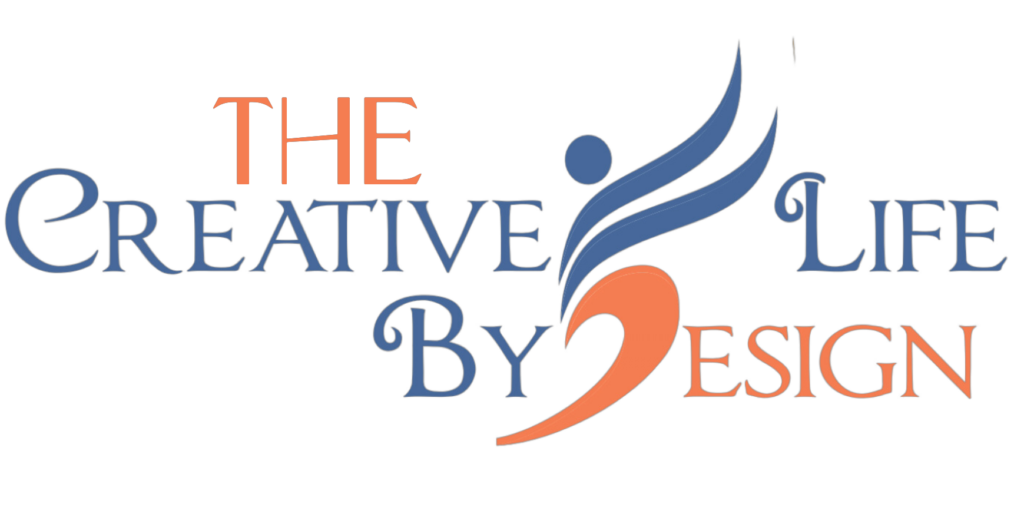“Life is either a daring adventure or nothing. To keep our faces toward change and behave like free spirits in the presence of fate is strength undefeatable.” — Helen Keller
Two definitions of resilience from the dictionary are:
1.the capacity to withstand or to recover quickly from difficulties; toughness.
“the remarkable resilience of so many institutions
2.the ability of a substance or object to spring back into shape; elasticity.
“nylon is excellent in wearability and resilience”
Also there are two other meanings for resilience: Resilience is the process and outcome of successfully adapting to difficult or challenging life experiences, especially through mental, emotional, and behavioral flexibility and adjustment to external and internal demands.
Resilience is the process and outcome of successfully adapting to difficult or challenging life experiences, especially through mental, emotional, and behavioral flexibility and adjustment to external and internal demands.
Dr Ginsburg, child pediatrician and human development expert, proposes that there are 7 integral and interrelated components that make up being resilient – competence, confidence, connection, character, contribution, coping and control.
To clarify the meaning of those 7 characteristics one by one. Competence means the ability to do something successfully or efficiently. Confidence is defined as
a feeling of self-assurance arising from one’s appreciation of one’s own abilities or qualities. Connection explained as the act of connecting and the state of being connected: such as being causal or logical relation or sequence or the connection between two ideas. Contribution translates into the part played by a person or thing in bringing about a result or helping something to advance. Coping means
dealing effectively with something difficult. Finally the last component is control defined as power or authority to guide or manage.
Traits that people carry when they are resilient are many including Self awareness, finding purpose, having positive relationships, self care, mindfulness, and being able to be flexible. Resilience is the ability to withstand adversity and bounce back from difficult life events. Being resilient does not mean a person doesn’t experience stress, emotional upheaval, and suffering. Resilience involves the ability to work through emotional pain and suffering. Resilient people are quick to look for ways to resolve or at least improve the situation. They do not expend their energy in discussing why the problem is difficult or unfair. They channel that time, mental, and emotional energy to find solutions.
When one becomes resilient they have the ability to look at the situations and circumstances that may be considered negative or as an obstacle as a way to learn a lesson in life. They have control over how they react to the situation and the foresight to perceive it in a new way. People that can overcome life situations are self aware enough to step back away from the circumstance and see it in a third party mindset to be able to see the facts and just not tell a story about the facts. Resilient people do not let adversity define them. They find resilience by moving towards a goal beyond themselves, transcending pain and grief by perceiving bad times as a temporary state of affairs. A serenity prayer may be supportive also, knowing this too shall pass.
Life can be a roller coaster of ups and downs, obstacles and straight aways and green lights.Some of us fare better and go with the flow of life with greater ease than others. How is it that some people handle incredible amounts of stress while others quickly fall apart? The ones that show charters of resilience and the ability to bounce back handle stress better. It’s possible to develop a sense of mastery with resiliency by building a set of emotional intelligence and charterers.
One can develop a sense of self awareness to know when to fight, when to step back, when to act and when to be silent. They are able to listen to sublet signs that their instincts tell them. This takes skill and practice to learn to listen to your gut and what it may be telling you. Determine and discern between what we want, what we desire, what we do not want and what are true obstacles. Using the law of attraction and having a high vibration supports us also.
Acceptance can be developed also. Accepting where you are in the moment and deciding to lean into it rather than fighting what is in front of you. Learning not to judge what is good or bad, just what is a human experience. It is part of being self aware.
Self care is support of resilience. We are our home. You need a solid foundation. Therefore when we have balance and harmony in our life we have more peace that brings forth resilience. If you are mentally stable, physically strong, spiritually solid and emotionally balanced, it will add up to resilience.
People who have a solid support system that they can rely on and talk to on an intimate level can be very resilient also. Who is on your team? Hang around people with good morals, values and are successful.
Now that we have established a basic foundation of what resilience is, let us build on that and speak to having resilience when one has a disease or illness. Having resilience can support one who is experiencing these life altering situations. It is my belief that illness stems from an imbalance and lack of harmony within the body. It is also my belief that it is all connected , the mind, the body and the spirit. If one of these three things are off balance it will affect the other elements.
Having resilience is also living a conscious life and being self aware as you learned in the first part of this blog. Listening to the body is extremely important when you have an illness. Taking time for yourself to mend and rest. Your body is your foundation and if you do not care for it it will fall down just like a house without a foundation.
When one has a disease it can be and feel like you are on a roller coaster. There are ups and downs when you are ill. Good days and bad days. One of my clients in cardiac pulmonary rehabilitation said “ Honey, They are all good days, some are just better than others.” I practice keeping that in mind. Resilience can support us on those good and bad days.
Journal on what characteristics you have currently that will support you to be resilient and what traits you can practice to become more resilient.When you learn to be resilient you will have more peace in your life. Life will always have its challenges but it is how you can be proactive or react in a positive manner. I gave up, giving up and so can you.
Beth Badour


